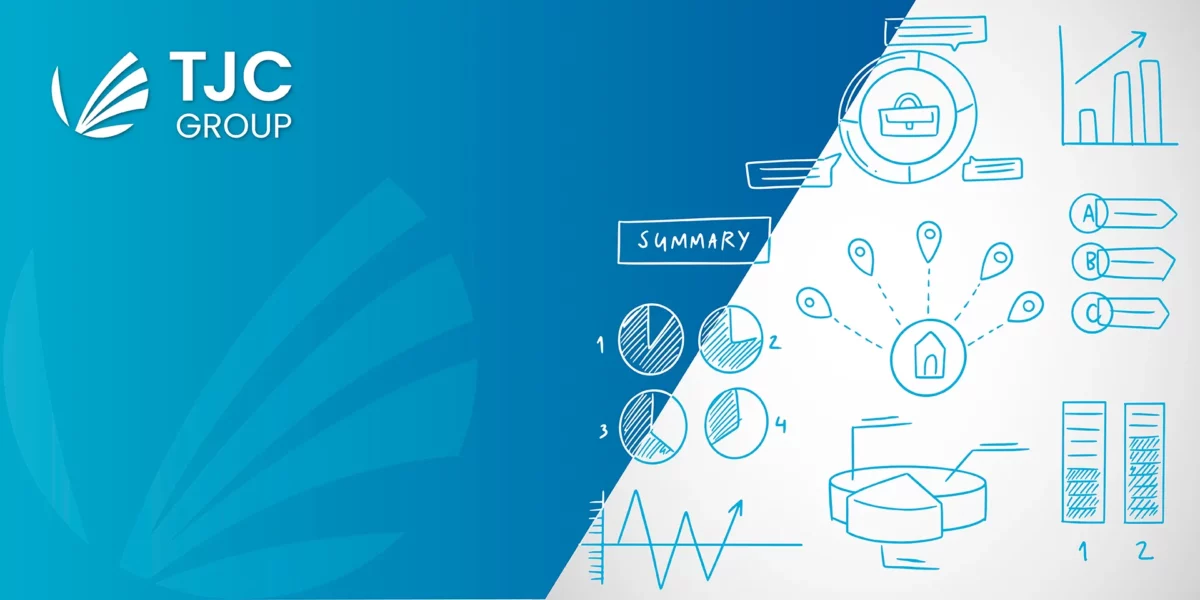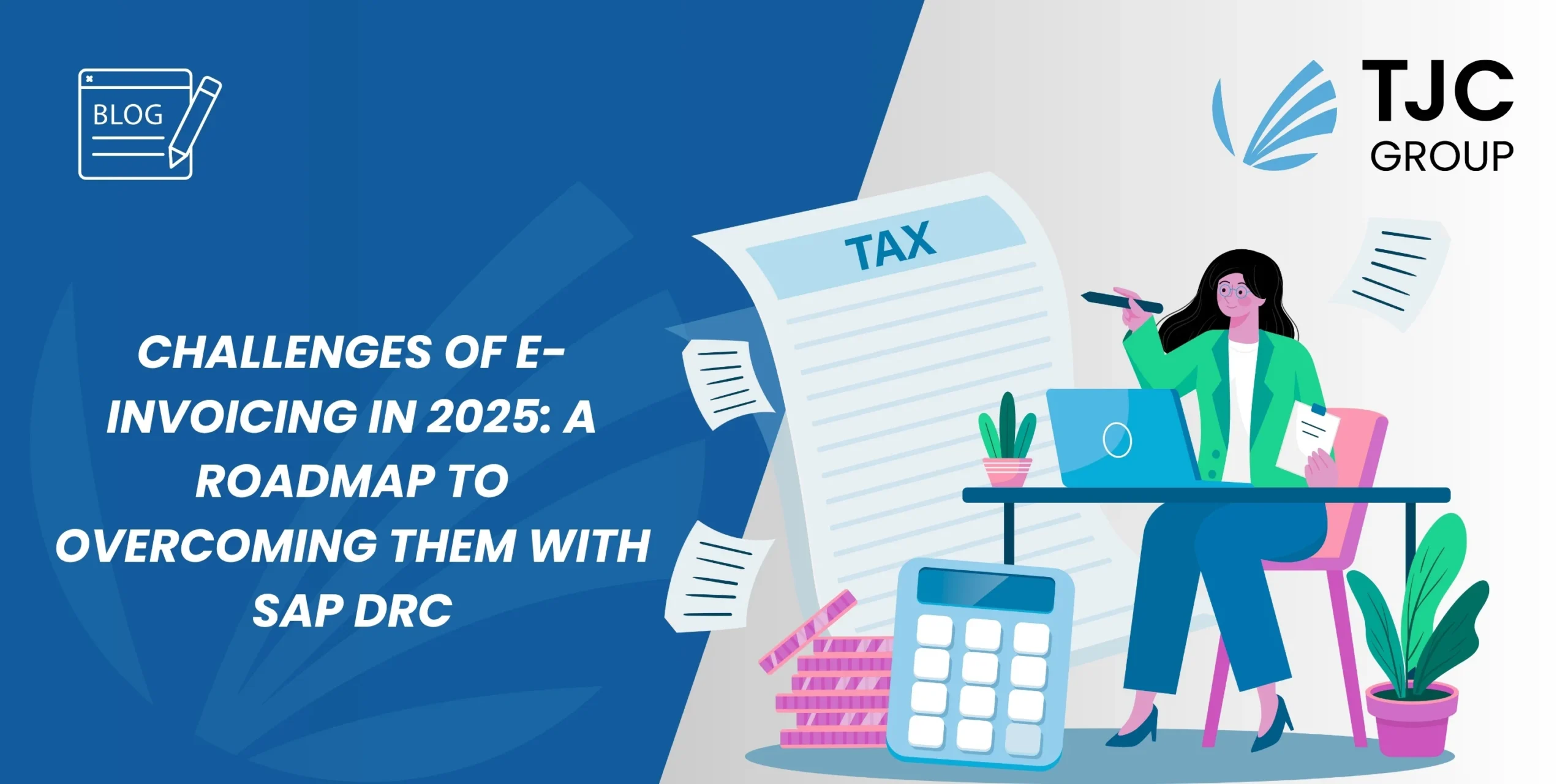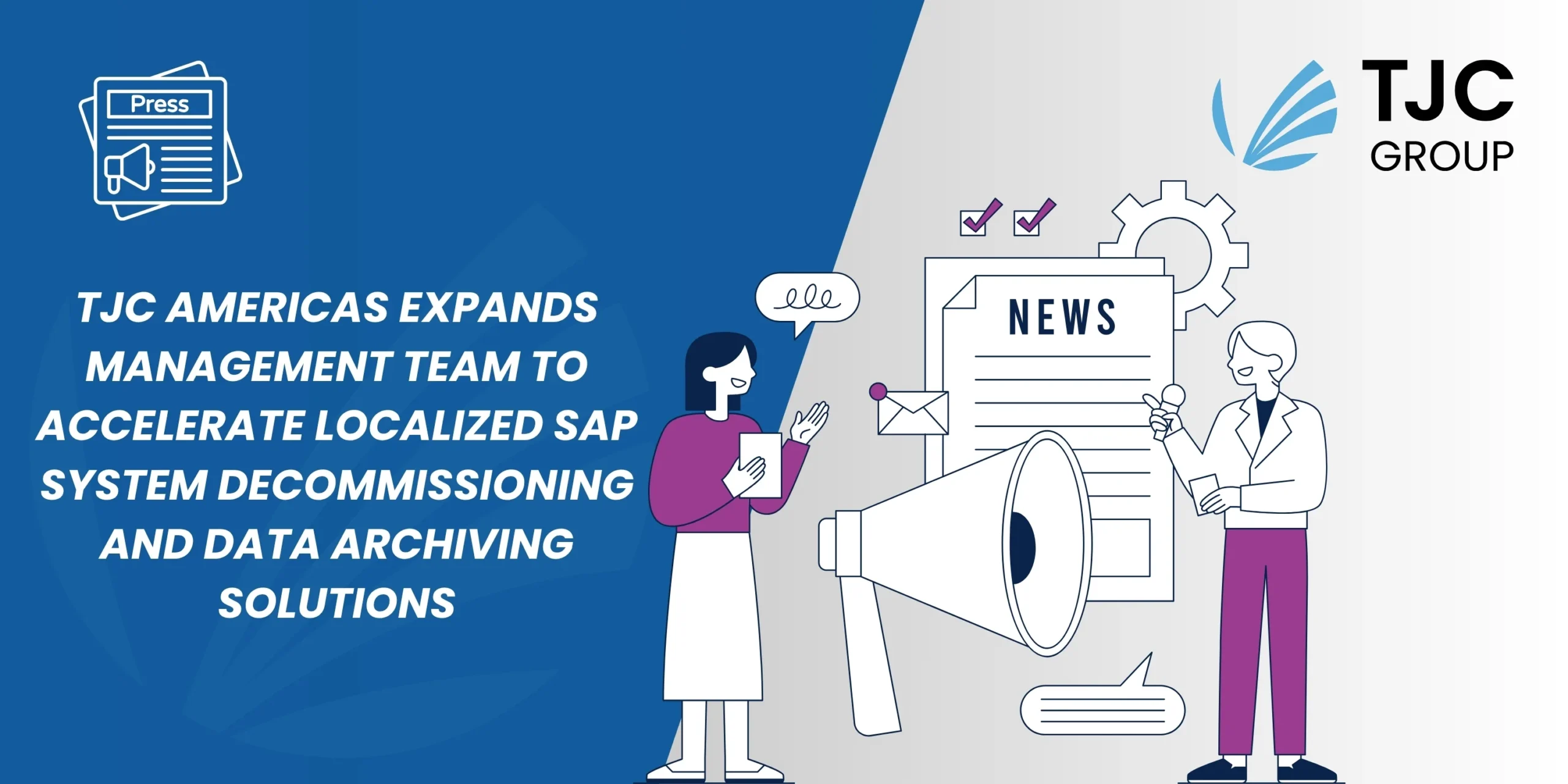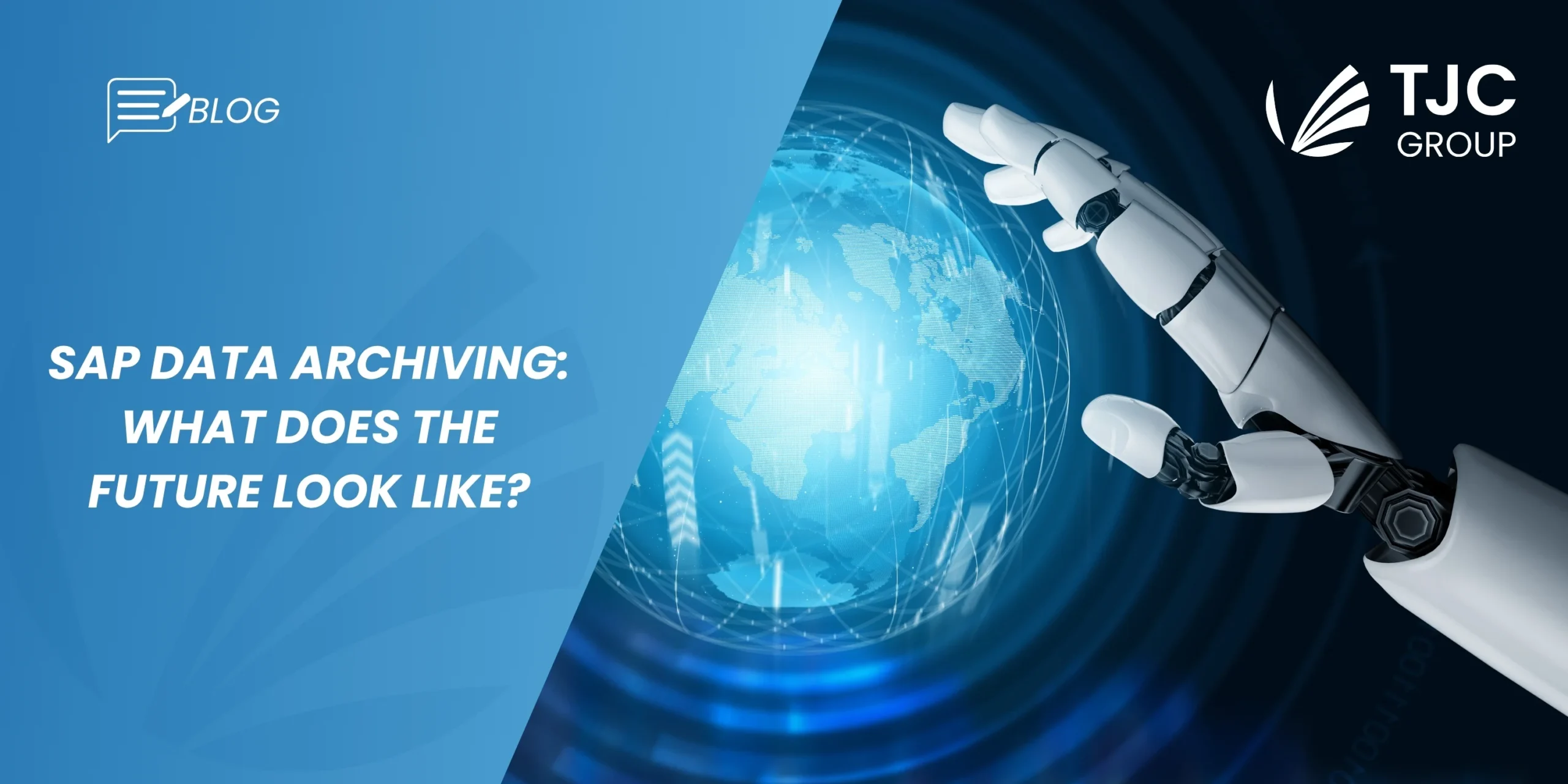With newer, better technologies come challenges that businesses have to face. That said, the ever-changing global landscape can intimidate organisations, leading to uncertainties. If you are feeling the same, here are four absolute tips that will help you become more resilient to face future challenges.
The world is changing; technologies are emerging
The world is undergoing massive changes at an exponential rate – they are unpredictable, and no one can assert if the changes will lead to more positive or challenging outputs. And this change is not just limited to one industry; it is happening across several industries – from IT to finance to education or even lifestyle. That said, the effect of the COVID-19 pandemic is still fresh and over the course of three years, business operations have changed completely.
Considering the IT landscape, we’ve seen the implementation of Artificial Intelligence, the Internet of Things (IoT), etc., more so than ever. Technology is advancing every day, and staying on top of it has become a crucial norm. If we talk about the SAP landscape alone, it is known that many international businesses use it to manage business operations and have been reaping benefits for many years. As they transition to more digitally focused business models, many are migrating to the latest ERP, SAP S/4 HANA, to future-proof operations and become more efficient.
Using the right technology is just one part of staying competitive in today’s challenging economic environment. Who would have thought we would have to recover from a pandemic and cope with supply chain uncertainty, a skills shortage, war, and ongoing political conflict – all in less than ten years?
Companies, therefore, also need to think about how they can become more resilient, pivot around and recover from future challenges and business shocks. Here are some of the best practice ways to stay resilient during uncertain times while ensuring to face challenges with a smile, irrespective of whether your business has an ERP system like the SAP S/4HANA or any other. Read on!
1. Understand how to use data more effectively
Data drives good decision-making, but how many companies have access to accurate data? And how many businesses have too much data, which slows them down? Legacy data in their systems are compromising system performance and could also be a security or compliance risk. One of the best ways to maintain easy access to data within SAP and to prevent being overwhelmed with legacy data is to actively manage it, with SAP Information Lifecycle Management.
When implementing SAP Information Lifecycle Management there are 4 areas where attention needs to be focussed on data management. The first is in using automation around data archiving. The second is to generate standard outputs for audit and tax purposes. The third is to ensure that they are complying with data privacy requirements. And the fourth is to manage the data from decommissioning legacy systems.
Addressing these data challenges is incredibly important for organisations because it’s impossible to solve business challenges when hampered by slow systems, tax and data privacy issues, and technical debt.
2. Attract and retain the right type of technology leaders
The role of the Chief Technology Officer, or CTO, can vary immensely. Some companies require their CTOs to be relatively hands-on, but in all instances, it’s highly strategic. Whereas in the past, being a CTO was a back-office role – today it’s right at the forefront of organisational change. This calls for diverse skills to build business roadmaps and lead technical teams towards aligning technological innovation with the wider company vision.
CTOs must oversee digital innovation while ensuring existing operations are running efficiently for all users – internal and external. A role, that is, as central to the success of a business as the CFO and COO, it’s the CTO’s remit to identify innovative new technology and to drive value from its adoption within their companies. The CTO needs to combine a good understanding of how transformation solutions like SAP S/4 HANA can add value, with the vision of what is needed to apply technology for future competitive differentiation. Apart from this, CTOs must also be aware of how automated data management solutions can be applied to improve resource utilisation.
Understanding the importance of good data management, and the potential advantages of automating routine compliance activities, like generating fiscal reports including SAF-T and DART from SAP, can save IT resources from working on mundane activities. Instead of
the IT team having to compile these complicated reports, they could be adding value elsewhere in the business, leaving report generation to be handled by automated tools.
You might also be interested in this blog article: The CTO as the organisational change maker article
3. Lead a resilient organisation that can pivot around sudden shocks
Research published in the Technovation Journal has shown that focusing on ways to become more innovative during a crisis can help an organisation become less susceptible to aftershocks. A crisis presents a perfect opportunity to modify or change the strategic and operational parameters of a firm and therefore emerge stronger after a challenging period.
As a result, innovating firms have the dynamic capabilities to thrive in fast-moving technological environments and tend to pay more attention to their external environments. Innovations improve a firm’s chances and very interestingly, relying on internal knowledge sources further increases the chance of adapting than external sources (such as contracted-out R&D or licensed/acquired technologies).
Management also plays an essential role in recovering from a crisis and research has shown that firms with better management practices are more likely to adapt successfully and thrive. Developing innovative capabilities including the management of data and archiving processes will pay off in multiple ways – by making firms more efficient, profitable, and innovative, and by allowing them to adapt successfully to crises.
4. Adopt new approaches to risk management
The way organisations approach and manage risks has a strong bearing on recovery from a crisis. Two risks of special interest to TJC Group are cybersecurity and reputation management. Careful cybersecurity risk management is crucial for hosted, cloud applications, and critical for SAP systems. It is not uncommon to hear details of organisations suffering a security breach with personal data accessed by hackers while many more attacks remain undiscovered for months. Frequently it is legacy data that is targeted, possibly because it’s not being scanned as it’s no longer used. These databases are often much easier to hack and yet the same penalties apply.
As reported in CSO magazine, DNA Diagnostics Centre, a DNA testing company in the USA was fined $400,000 for a data breach in 2021 that affected 2.1 million individuals nationwide. Hackers had been stealing personal data residing in forgotten legacy databases over an extended period and the company wasn’t even aware the data still existed. It’s not just security that poses a risk, data privacy regulations like GDPR are equally pertinent. If an organisation is fined for breaching GPDR or data privacy laws, its reputation can be badly hurt, and recovering its former levels of trust can set them back years.
Overcoming business risks is an ongoing challenge for any organisation and one of the key reasons why TJC Group is working to become ISO 27001 certified. ISO 27001 is an internationally recognised certification that demonstrates an organisation’s commitment to continual improvement, development, and protection of information assets/sensitive data by implementing appropriate risk assessments, appropriate policies, and controls. This philosophy lies at the heart of our own business vision and the range of data archiving and management services we offer our customers.
That said, to ensure that there are no security breaches using legacy systems, decommissioning them is the most logical solution. We have developed our very own cloud-based decommissioning application – ELSA, to help businesses retire their obsolete SAP and non-SAP systems.
You might also be interested in the following article: Data privacy and cybersecurity: Why decommissioning is the safest bet?
Key takeaway
As mentioned before, rapid development, especially in the IT sector, is bound to change a lot of aspects of a business – operational, security, and so on. Staying updated with these trending changes is important, but we know, it can be intimidating. With these tips around businesses working with ERP systems or technology, make sure that your business stays resilient during uncertain or challenging times. And if you wish to learn how to maintain your data or get your obsolete systems decommissioned, we are here for you. Contact us!









